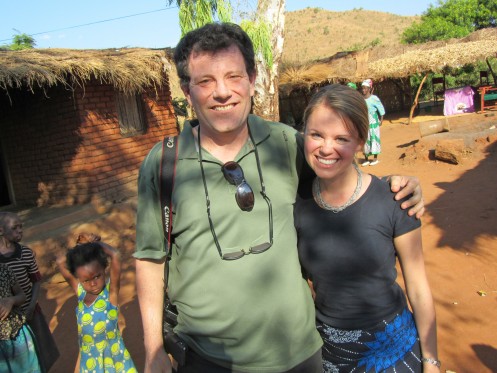Related Posts
It’s commencement season, and words matter
Sunday’s New York Times carried an unusual dose of wisdom, and getting ready for commencement season, I drank the full glass. First, David Brooks’ “A Moral Bucket List” distinguished between adventures that produce goodness rather than build résumés. That really resonated with me. I’m at an age and stage that I no longer do things with any thought of how it might build a résumé. In fact, I haven’t thought that way in decades. Yet every day, I see that students and applicants are encouraged to do this or that “for their résumés.” In the short-term, it may seem myopic not to develop one’s credentials, yet I’ve always found it a bit distasteful to act for a résumé rather than let the résumé build as a result of the natural history of a career, a life. Brooks talked about people who radiate inner light, who are deeply good, and he concluded that they are made, not born, and that they built inner virtue slowly, from specific moral and spiritual accomplishments. These are the kinds of qualities that get mentioned in eulogies; they are not the items enumerated on résumés. I was struck by a few of the qualities.
Brooks said that external success is achieved through competition with others, but character is built during the confrontation with our own weakness. It requires honestly looking at ourselves and recognizing our own weaknesses and then taking action to deal with them. He also noted that the dominant paradigm for commencement speakers is to tell young people to follow their passions. Isn’t this really about self? Instead, he said:

Matching their talents with the world’s pressing needs: While working as a summer fellow with CARE in central Malawi, focusing on maternal and child health, Katie McMillan (née Donohue), MPH, had the opportunity to meet NYT columnist Nicholas Kristof, author of Half the Sky: Turning Oppression into Opportunity for Women Worldwide.
People on the road to inner light do not find their vocations by asking, ‘What do I want from life?’ They ask, ‘What is life asking of me? How can I match my intrinsic talent with one of the world’s deep needs?’
Inherently, that is where public health comes in. Brooks’ exhortation reminds me of Kennedy’s, “Ask not what your country can do for you – ask what you can do for your country.” In the age of selfies, this is not necessarily the resonant thinking, but it always has resonated with me. Read the article to learn about other qualities that Brooks believes will lead to a life that radiates inner light.
In a separate but conceptually related article, foreign correspondent John Burns recounted the conversation he had with a correspondent friend in the final stages of cancer. His friend, Tiziano Terzani, talked about traveling and said to Burns: “It’s not how far you’ve traveled, it’s what you’ve brought back.” In an era in which we encourage our students to collect visa and passport stamps, that seems very good advice indeed and can help to prepare students for the next stages of their journeys.
Happy Monday. Barbara
